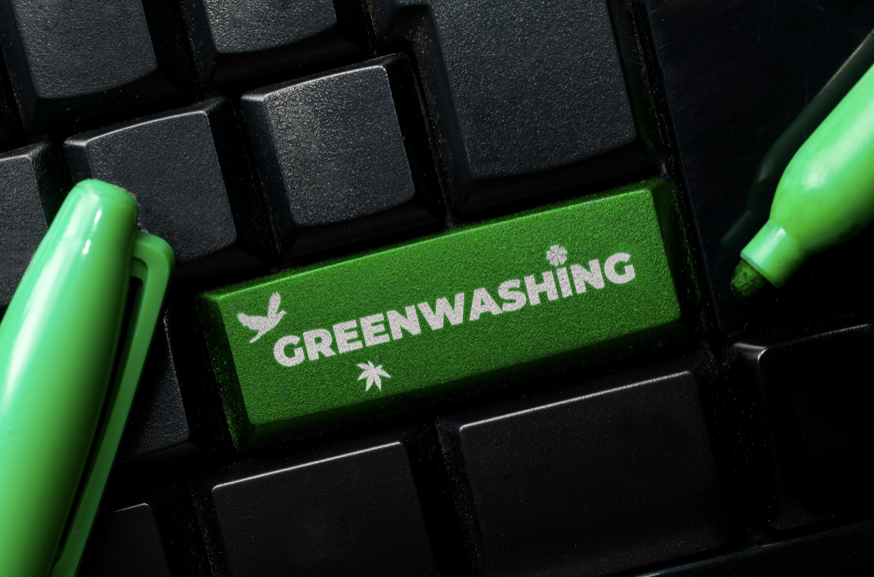Legislation could fine “greenwashing” companies for making unproven environmental assertions to sell their products.
In the spring of 2019, the hydrogen-powered Hyundai Nexo car was launched in the UK and it was described as «so beautifully clean» that it «purifies the air as it goes».
Even though the suggestion that this car could be driven without leaving any pollution sounded too good to be true, in June 2021 the advertising regulator ruled that it was.
However, the Advertising Standards Authority (ASA) found the car still releases pollutants from tyre and brake wear, in particular, road tyres are a huge source of toxic particle pollution.
Hyundai makes clear it did not intend to suggest the vehicle left any particulates in the air, but the ASA ruled the ad was misleading, so it should not be used again.
Green claims usually used to sell products such as cars and plane tickets now has to face such greater scrutiny under proposed new laws and risk fines of up to tens of millions of pounds for diffusing environmental claims found to be unsubstantiated and misleading, known as greenwashing.
However, the United Kingdom is not the country interested in the sanctioning of greenwashing. The European Union, in fact, has in its agenda to enact several laws aimed at imposing civil monetary penalties against companies that do not respect their green claims, as explicated by the French law introduced in January.
It is crucial to have laws against greenwashing as it is a deceptive practice that can mislead consumers into purchasing products or supporting companies that claim to be environmentally friendly, but actually have little or no positive impact on the environment. This can result in a negative impact on the environment and the health of the planet.
Laws against greenwashing can, therefore, help to ensure that companies are held accountable for their environmental claims and are required to provide accurate information about the environmental impact of their products or services. This can help to protect consumers from being misled and can promote more sustainable and environmentally responsible practices among businesses.









Show Comments